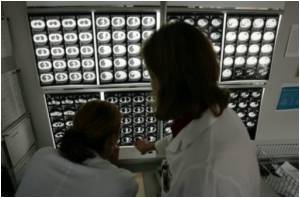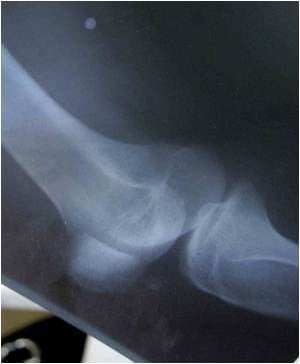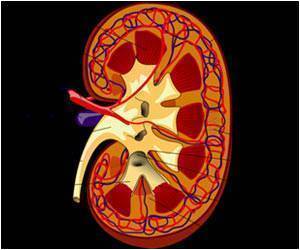More than 25 million people have asthma in US, a chronic lung disease that inflames and narrows the airways causing recurring periods of wheezing, chest tightness, shortness of breath and coughing.

The dilemma for doctors and researchers has been in determining who is at risk of a severe reaction to the drug so that alternative medications can be prescribed. "This severe reaction only occurs in a very small percentage of people who have asthma, and we don't know what makes these people different from those who do well on this therapy," said Eugene Bleecker, M.D., director of the Center for Genomics and Personalized Medicine Research at Wake Forest Baptist Medical Center and senior author of the study, which is published in the Jan. 27 issue of Lancet Respiratory Medicine. "We hypothesized that rare gene variants would account for uncommon and severe adverse responses to long-acting beta agonists.
Because these variants occur less frequently, they have the potential to have a stronger influence on drug response. "In the National Institutes of Health-funded study, researchers at Wake Forest Baptist identified and evaluated six rare gene variants within the beta2-adrenergic receptor gene, the gene that may influence the response to beta agonist drugs. These rare variants were found through the sequencing of DNA from blood samples of 191 non-Hispanic white, 197 African-American and 73 Puerto Rican asthma patients.
The researchers found that African-American asthma patients had five rare variants, a far greater number compared to non-Hispanic white patients who only had one variant. The Puerto Rican patients had one variant, which had previously only been identified in African-Americans. "Looking at different ethnic groups provides an opportunity to study rare variants that come with different ethnic ancestries. In general, older ancestral populations, such as Africans, have a higher frequency of rare genetic variants that could account for differences in responses to LABAs," said Victor Ortega, M.D., a pulmonary disease specialist at Wake Forest Baptist and first author of the study.
The researchers then evaluated 1,209 asthma patients to determine the impact of these variants on the risk of hospital admission for a severe asthma episode in the past year. They found that these rare variants significantly increased the risk for a hospital admission in asthma patients treated with a long-acting beta agonist. This association was not observed in those who were not treated with the drugs. Further analysis was conducted on two variants for effects on additional health-care related outcomes.
The research team found that these variants significantly increased urgent outpatient visits and treatment with oral or injectable steroids because of increased asthma symptoms in patients treated with a long-acting beta agonist. Finally, the team looked at data on asthma symptoms and found non-Hispanic whites who had a rare variant were more than twice as likely to have uncontrolled symptoms during LABA therapy. The finding was replicated in a separate group of 516 non-Hispanic whites who were treated with LABAs at 12- and 24-month follow-up visits.
Advertisement
However, genetic testing may be helpful for severe asthmatics that are being treated with multiple therapies, including high-dose inhaled steroid and long-acting beta agonists, and are still uncontrolled and very symptomatic, according to Bleecker and Ortega. With additional research, there is the potential to identify genetic biomarkers that could predict the best treatment option for people with asthma, a goal of personalized medicine, the authors said.
Advertisement















